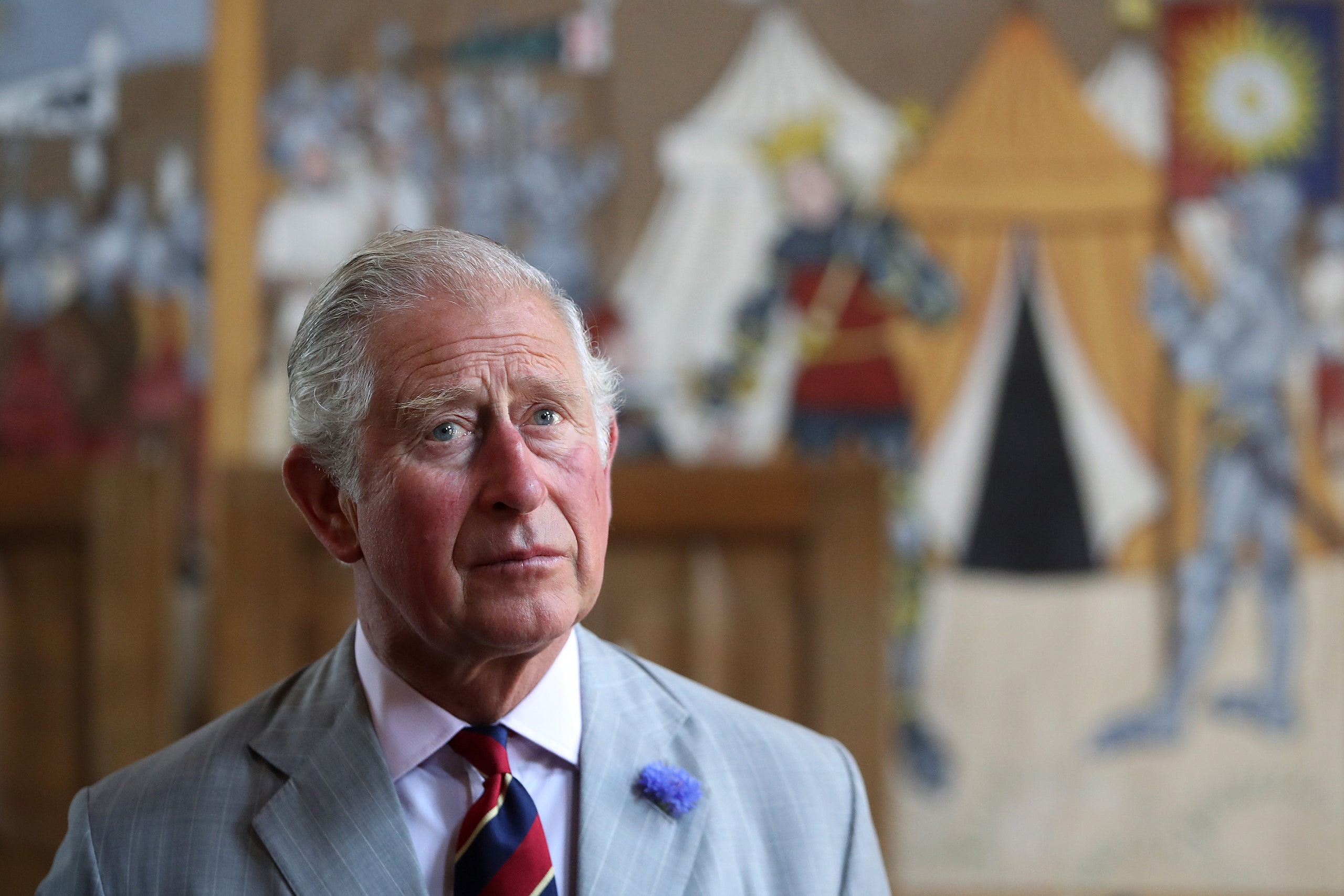Since last Monday, Buckingham Palace’s announcement regarding King Charles III’s cancer diagnosis has stirred a mix of concern and speculation. Politicians across the spectrum rushed to extend their well wishes.
Prime Minister Rishi Sunak, addressing the House of Commons on Wednesday, expressed hopes for the King’s swift recovery and return to public duties, a sentiment echoed by Labour leader Keir Starmer, who conveyed his best wishes for Charles’s treatment and full recovery.
The Palace’s statement refrained from divulging specifics about the cancer type, stage, or treatment plan. It only disclosed that during a recent hospital procedure for benign prostate enlargement, another concern regarding cancer emerged.

King Charles III (Credits: Medriva)
Charles would temporarily step back from public engagements while continuing his official responsibilities. Despite the uncertainty, the statement ended on an optimistic note, emphasizing the King’s positive outlook towards treatment and his eagerness to resume public duties soon.
This announcement follows a series of health setbacks within the royal family. Charles’s daughter-in-law, Catherine, the Princess of Wales, recently underwent abdominal surgery, extending her recovery period until after Easter. Additionally, Sarah Ferguson, the Duchess of York, revealed her battle with malignant melanoma.
Charles’s own health journey progressed rapidly, from the announcement of treatment for an enlarged prostate to a brief hospital stay and the subsequent revelation of his cancer diagnosis. He will recuperate at his Norfolk estate, Sandringham.
Efforts to quell speculation about Charles’s health have not entirely succeeded. Some media coverage reflected public curiosity, prompting questions about the King’s condition and comparisons to national healthcare realities. Concerns about delayed treatments and the strain on the National Health Service underline broader societal issues.
Charles’s absence from public life further reduces the already slim roster of active royals. With Catherine still recovering, attention turns to his son, William, who has begun to assume more public responsibilities in his stead.
While hopes for a reconciliation between William and his brother Harry persist, the likelihood of a cinematic reunion remains uncertain.
William’s recent appearances underscore his growing role within the monarchy. His engagement with charitable events and public functions aims to maintain continuity during this period of transition and uncertainty. Observers find reassurance in his presence and commitment to fulfilling royal duties amid familial challenges.
Amidst these developments, visitors to Buckingham Palace express a mix of sentiments. Some view the situation with concern for Charles’s health and sympathy for his family, while others reflect on broader healthcare disparities and the nation’s collective unease. Overall, the announcement has left many pondering the future of the monarchy and wishing for the King’s swift recovery.
























